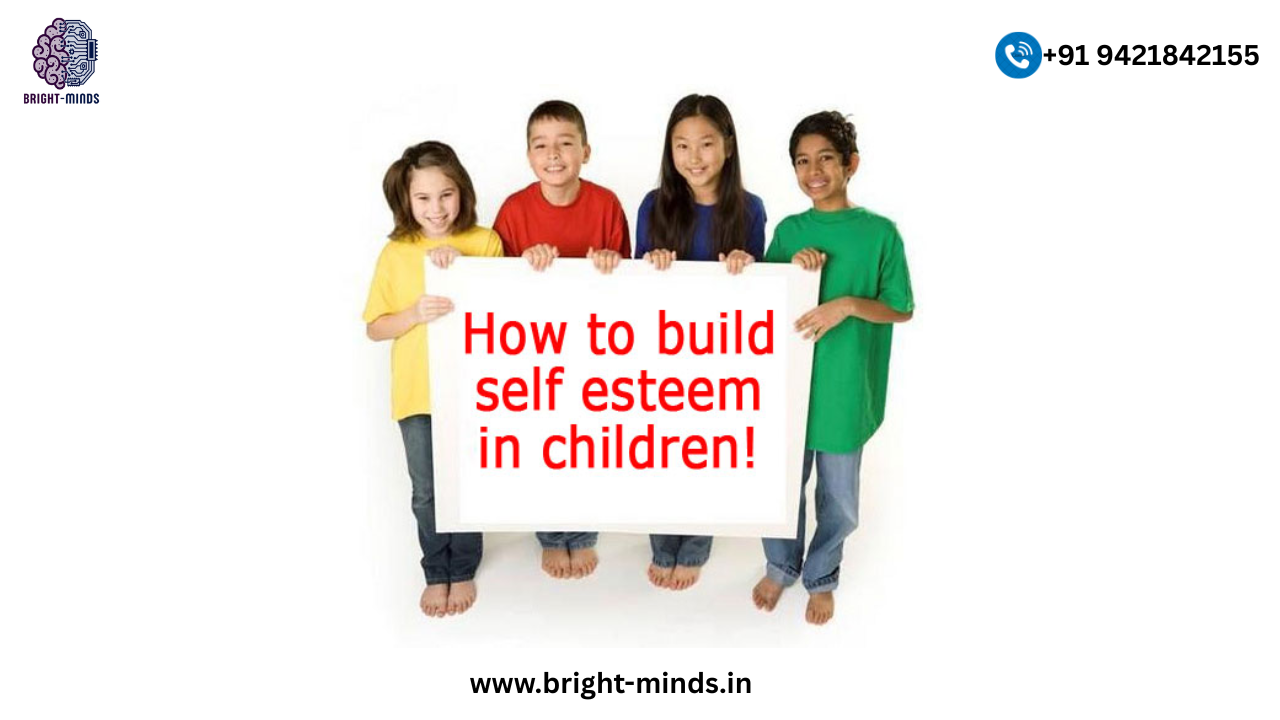- Praise Effort, Not Just Results
🏆 Focus on the process
Why it works:
When you praise your child for the effort they put into a task rather than the outcome, you teach them that growth comes from hard work and perseverance. This helps them feel more capable and less afraid of failure.
Tip: Instead of saying, “Great job!” try, “I’m proud of how hard you worked on that!” - Encourage Independence and Responsibility
🛠️ Give them tasks they can handle
Why it’s empowering:
Letting your child take on small responsibilities, like setting the table or organizing their toys, builds their confidence and gives them a sense of accomplishment.
Bonus: By learning to manage small tasks, they will feel more capable of handling bigger challenges. - Model Self-Respect and Positivity
🙌 Be the role model
Why it’s powerful:
Kids absorb attitudes and behaviors from their parents. When you demonstrate self-respect, practice positive self-talk, and handle mistakes with grace, your child learns to do the same.
Tip: Speak kindly to yourself in front of your child and show them how to bounce back from setbacks. - Provide Unconditional Love and Support
❤️ Make them feel valued
Why it’s essential:
A child who knows they are loved and accepted, no matter what, builds a secure foundation for self-esteem. Your encouragement and unconditional love provide them with the emotional safety to take risks and be themselves.
Bonus: Regular affirmations like “I love you” and “I’m proud of you” go a long way in boosting their sense of worth. - Promote Positive Self-Talk
💭 Help them develop a growth mindset
Why it works:
Teach your child to replace negative thoughts like “I can’t do it” with positive affirmations such as “I can keep trying” or “I will get better with practice.” This shifts their mindset from fixed to growth-oriented.
Tip: Whenever they struggle with something, help them frame it positively: “What can we learn from this?”
💡 How to Encourage Self-Esteem in Everyday Life
- Celebrate small victories: Whether it’s mastering a new skill or helping with chores, acknowledge their progress. Positive reinforcement builds confidence.
- Help them embrace mistakes: Instead of seeing mistakes as failures, frame them as learning opportunities. This helps kids see their worth isn’t tied to being perfect.
- Support their interests and passions: Encourage your child to explore hobbies and activities they love. Mastery in something they enjoy boosts their self-esteem and sense of competence.
Tip: Be mindful of how you speak about others, too. When you model kindness and respect in your interactions, your child is more likely to treat themselves and others with the same respect.
🏫 Why Self-Esteem Matters
At Bright-Minds, we believe a strong sense of self-worth is the foundation for academic success, healthy relationships, and overall well-being. When children feel good about who they are, they approach challenges with confidence and resilience.
🌟 Final Thoughts
Building your child’s self-esteem isn’t about perfection—it’s about providing them with the tools, love, and encouragement they need to believe in themselves. By fostering a positive and supportive environment, you help your child grow into a confident, capable individual ready to take on the world.
You might be interested in this:-

